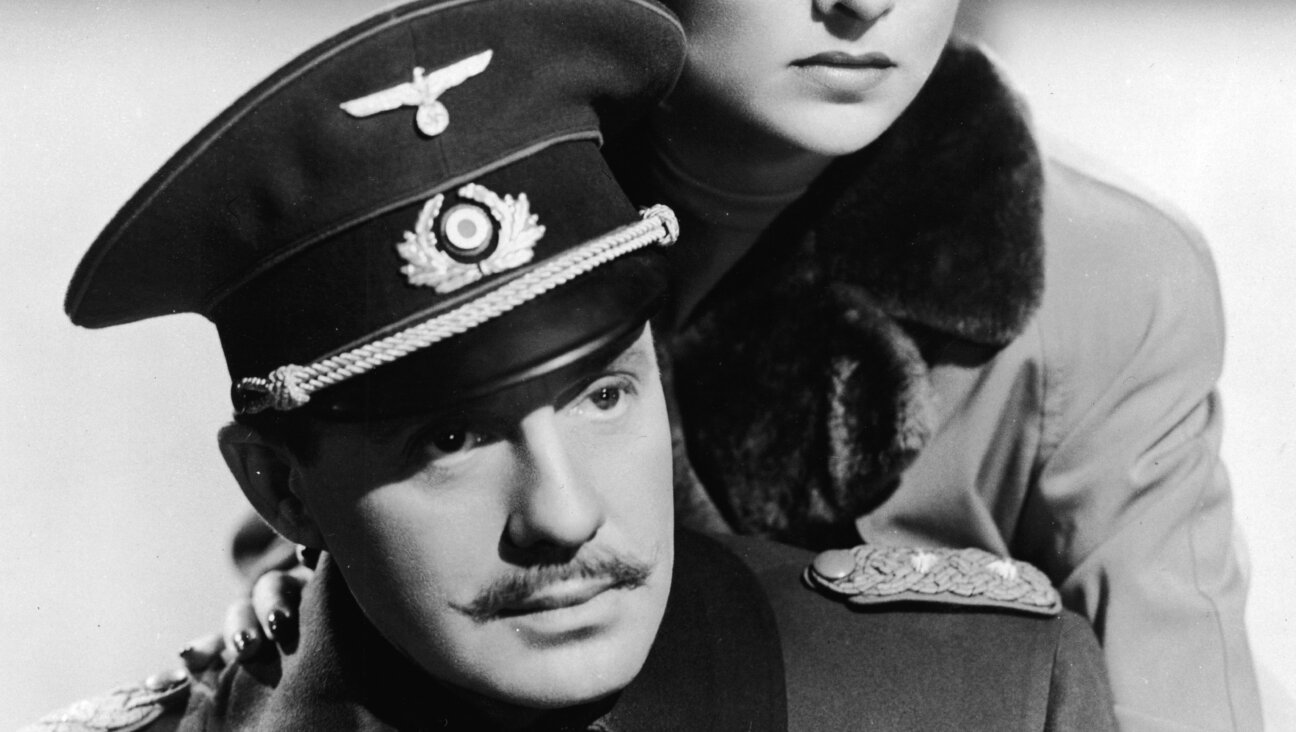How Ernst Lubitsch punched Hitler in the face
In an unforgettable scene in 'To Be or Not to Be,' a Polish actor gets the last laugh

In an unforgettable scene in 'To Be or Not to Be,' a Polish actor gets the last laugh

An elaborately constructed caper set in a fairy-tale Europe on the eve of World War II, Wes Anderson’s “The Grand Budapest Hotel” is many things: a wild tumble through another of the director’s painstakingly designed imaginary worlds; a gleefully overstuffed ensemble piece with an all-star cast; and a near-perfect combination of sophistication and silliness. It…

Understanding how a nation can embrace anti-Semitic tyranny is a complex problem. “Letters to Hitler”, out in May from Polity Books, helps explain the matter. Historian Henrik Eberle, co-author of “The Hitler Book,” has selected from thousands of letters written by Germans of all ages from 1925 to 1945 from a collection found in Moscow’s…

Comedy, explained Aristotle, has a vague history, because at first no one took it seriously. We cannot know for certain if Aristotle was deadpanning, but his observation would amuse Saul Austerlitz. According to Austerlitz, American film comedy has not been taken seriously, either. In fact, the author quips, it is American film’s “bastard stepchild.” With…

The Hungarian poet Béla Balázs (1884–1949), born Herbert Bauer to a German Jewish family in Szeged, is best remembered for his libretto to Béla Bartók’s opera Bluebeard’s Castle and the scenario for Bartók’s ballet The Wooden Prince. Yet he was also a pioneering film theorist, as a compelling new publication from Berghahn Books, “Béla Balázs:…








100% of profits support our journalism